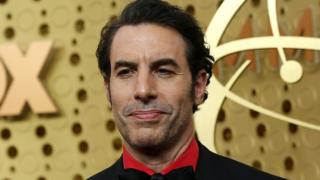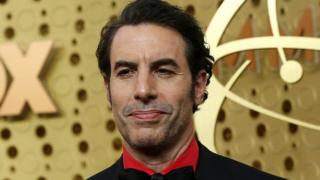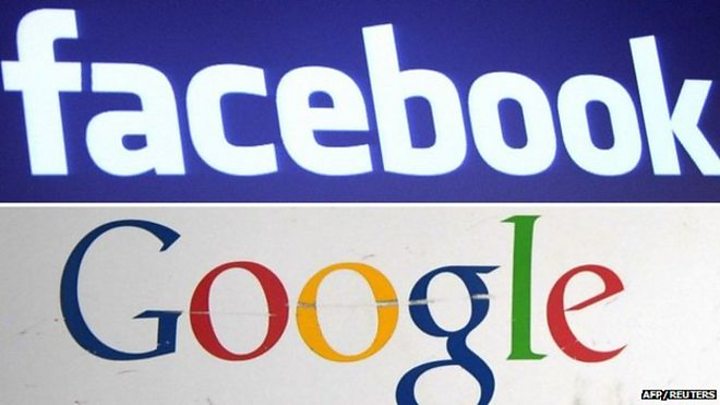Sasha Baron Cohen: Facebook would have let Hitler buy anti-Semitic ads
Comedian Sacha Baron Cohen criticises the social media giant’s stance on freedom of expression. …

 Image copyright Reuters
Image copyright Reuters British comedian Sacha Baron Cohen has said if Facebook had existed in the 1930s it would have allowed Hitler a platform for his anti-Semitic beliefs.
The Ali G star singled out the social media company in a speech in New York.
He also criticised Google, Twitter and YouTube for pushing “absurdities to billions of people”.
Social media giants and internet companies are under growing pressure to curb the spread of misinformation around political campaigns.
Twitter announced in late October that it would ban all political advertising globally from 22 November.
Earlier this week Google said it would not allow political advertisers to target voters using “microtargeting” based on browsing data or other factors.
- Facebook chief rules out banning political adverts
- Social media urged to suspend political advertising
Analysts say Facebook has come under increasing pressure to follow suit.
Addressing the Anti-Defamation League’s Never is Now summit, Baron Cohen took aim at Facebook boss Mark Zuckerberg who in October defended his company’s position not to ban political adverts that contain falsehoods.
“If you pay them, Facebook will run any ‘political’ ad you want, even if it’s a lie. And they’ll even help you micro-target those lies to their users for maximum effect,” he said.
“Under this twisted logic, if Facebook were around in the 1930s, it would have allowed Hitler to post 30-second ads on his ‘solution’ to the ‘Jewish problem’.”
Baron Cohen said it was time “for a fundamental rethink of social media and how it spreads hate, conspiracies and lies”. He also questioned Mr Zuckerberg’s characterisation of Facebook as a bastion of “free expression”.

Media playback is unsupported on your device
“I think we could all agree that we should not be giving bigots and paedophiles a free platform to amplify their views and target their victims,” he added.
Facebook has not commented on the remarks.
Earlier this month, an international group of lawmakers called for targeted political adverts on social media to be suspended until they are properly regulated.
The International Committee on Disinformation and Fake News was told that the business model adopted by social networks made “manipulation profitable”.
A BBC investigation into political ads for next month’s UK election suggested they were being targeted towards key constituencies and certain age groups.




